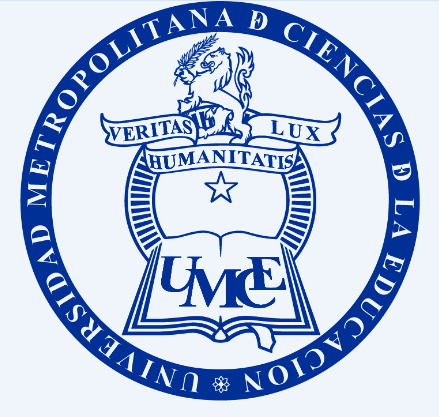Main Article Content
Oct 20, 2022
Abstract
This article is part of the research project DIUMCE FIE 12/08, which currently is in its stage of completion. This project aróse as a product of the result obtained in a previous research, where it was found that family participation in the educational process at the level of initial education is reduced mainly in the best cases, to attend meetings, attend to be quoted or to deliver material resources or collaborate with the express request of the educator level but it does not come from voluntary disposition or the personal interests of the parents. This fact, far from the desired
or expected theoretically, if we understand that true participation involves, among other things, the ability to influence, decide, say, contribute and dissent, as stated in the “Participation of families en la education initial en American Latina” (UNESCO, 2004).
Currently exists in our country a policy that encourages participation of parents and guardians and that seeks to promote the link home - school, giving the family a more prominent and active role in the systematic education of their children, regardless of educational level they are.
In this scenario, and from the perspective of the initial formation of a Educator, the need to inquire about the requirements that, in this context, issues for the formation of a professional teacher, which would inelude aspeets relating to the skills needed enable it to perform work effectively with the family, contrasting with the teaching skills declared in the current education profiles. This analysis will allow glimpses of possible responses designed to promote the discrepancy between statements, requirements and initial teacher training.




